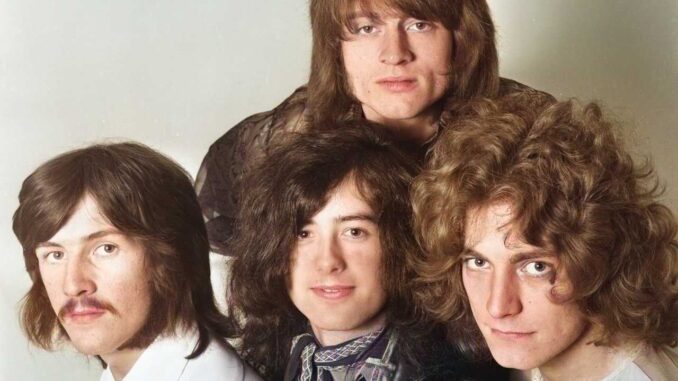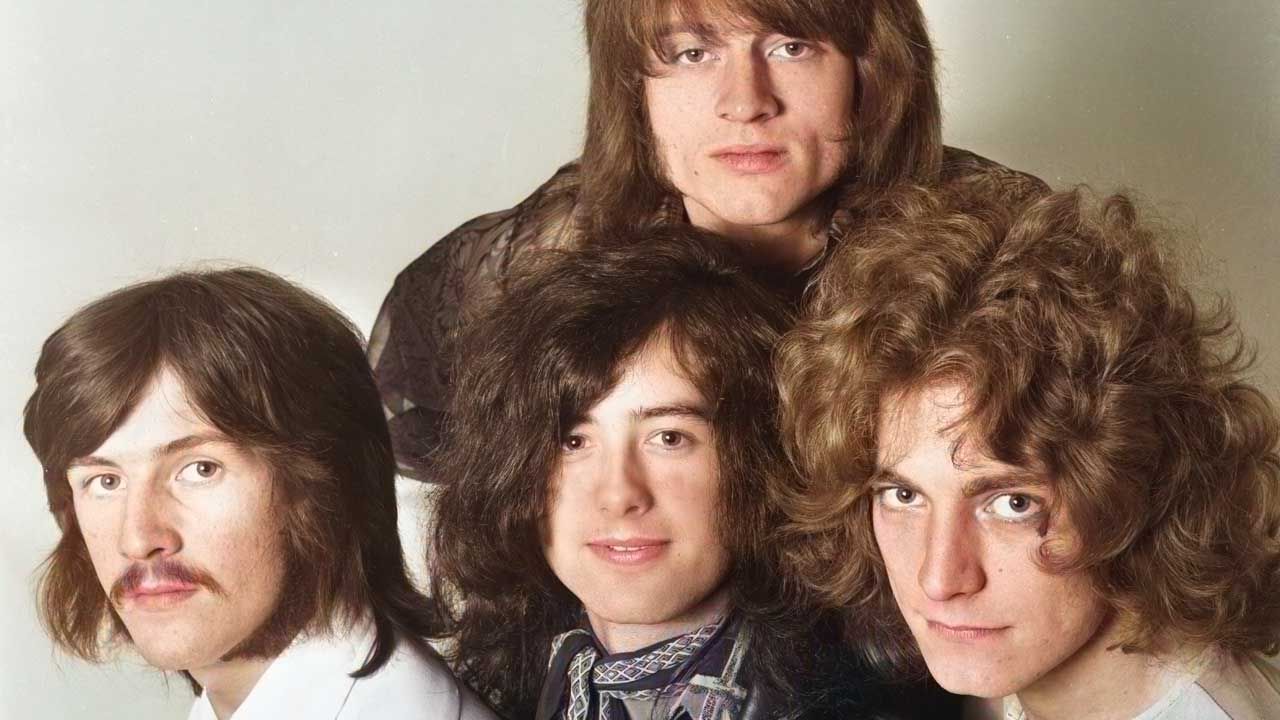
On September 7th, 1968, Led Zeppelin played their first live show ever in, of all places, a converted gym in Glad axe, Denmark. They weren’t yet billed under their soon-to-be world-famous name but were instead performing under the guise of the New Yard birds, a relaunch of the British Invasion blues rockers who’d imploded just months before. The only known quantity among this new lineup was guitarist Jimmy Page, who’d funded the tour through Scandinavia out of his own pocket, but that was enough draw a young crowd to the venue, known as Teen Club. “Their performance and their music were absolutely flawless,” local reviewer Bent Larsen wrote in the venue’s monthly newsletter, “and the music continued to ring nicely in the ears for some time after the curtains were drawn after their show.”
As far as gigs go, this show, which featured several songs that would ultimately appear on the band’s first album, like “Communication Breakdown,” “Dazed And Confused” and “You Shook Me,” paled in comparison to the marathon runs they would undertake at the Forum in Los Angeles or Earls Court outside of London in the years to come, but the momentousness of the occasion can’t be overstated. It was Zeppelin’s first step in their ascent to the top of rock’s Olympus, and Jimmy Page deserves much of the credit for making it happen.
In the spring of 1968, Page was at a crossroads. The highly touted session guitar ace was once again a man without a band. He’d spent the prior two years or so playing in the Yardbirds, first as a dual-lead foil to his childhood friend Jeff Beck and then as the group’s focal point when Beck decided to split in the middle of an American tour. After another quick run through the States, the band suddenly and unceremoniously called it a day when the different members of the group decided they wanted to pursue other artistic avenues.
Page was understandably disappointed, but he had an idea of how he wanted to proceed. Though the guitarist’s move from complete anonymity in London’s many recording studios working with some of the biggest pop and rock stars of the early Sixties to playing sweaty gigs at universities and clubs across the pond in the U.S. was thrilling, but Page also felt stifled by the creative impulses of the Yardbirds’ manager and producer Mickie Most.
Leave a Reply